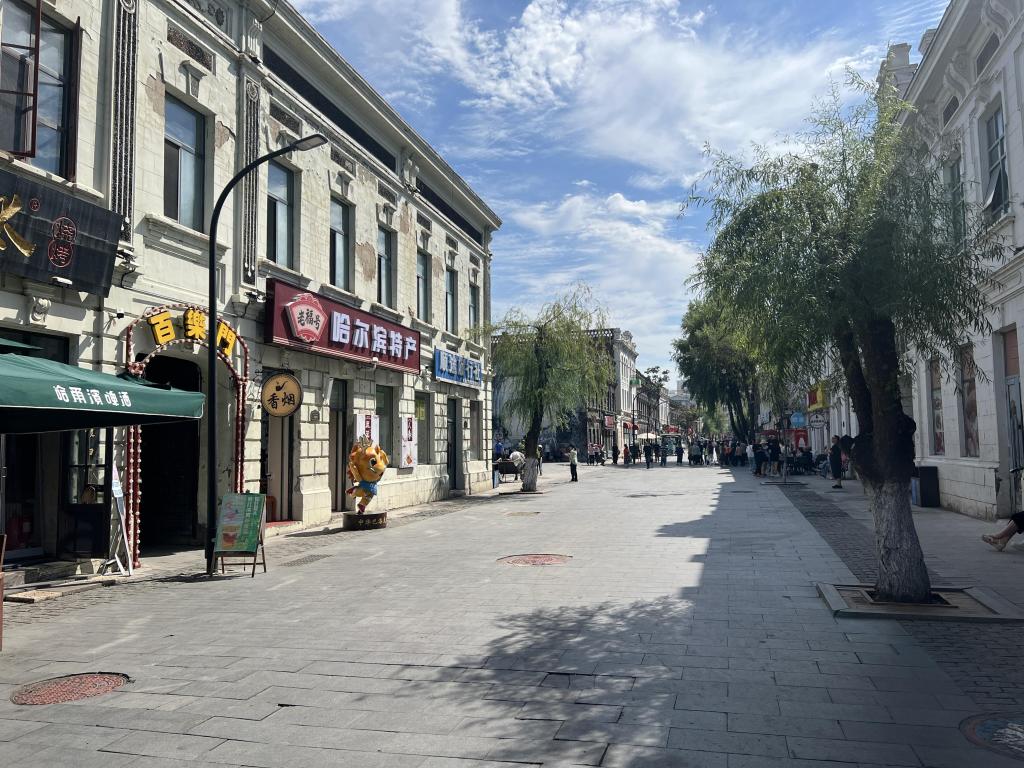CITY OF MUSIC
Harbin is not only known as Ice City, but also as UN City of Music, as its vibrant music scene reflects a unique cultural blend. Russian immigrants first brought classical music to the city in the early 20th century: Harbin Symphony Orchestra, led today by Muhai Tang, was founded in 1908 and is one of the oldest in China. But the city is also home to numerous folk music ensembles and orchestras that showcase traditional Chinese instruments such as the guzheng, pipa, and erhu.
Harbin Concert Hall, a masterpiece of contemporary design with state-of the art facilities, is located right in the center of the city. Even more futuristic is the impressive Harbin Grand Theatre, located along the picturesque Songhua River. Its avant-garde design is a testament to the Harbin´s commitment to the arts and culture.
At the heart of Harbin's music education and artistic development lies the Harbin Conservatory of Music. Founded in 2018, this prestigious institution has played a pivotal role in nurturing musical talent in the region and beyond. The conservatory offers comprehensive programs in classical, traditional Chinese, and contemporary music.
HARBIN ARTISTS
Numerous musicians and actors were born or lived in the city of Harbin, among them Chinese American violinist Suli Xue, soprano You Hongfei, Chinese vocal professor Jin Tielin, American composer Benjamin Lees, Russian-American Bass Nikita Storojev, Russian violinist Vladimir Trachtenberg, and French pianist Simon Kaspé, an accomplished musician who was the son of Joseph Kaspé, owner of the iconic Harbin Hotel Moderne.
Another illustrious artist living in Harbin was Hellmut Stern, a German-Jewish violinist whose family fled Nazi Berlin in 1938 and stayed in China for 11 years. After immigrating to Palestine in 1949, Stern became a member of the Israel Philharmonic; ultimately he returned to Berlin and became concertmaster of the Berlin Philharmonic. In his autobiography “Saitensprünge” (2000), Stern gives a vivid account of postwar Harbin and its colorful music scene.








